What it’s like to get diagnosed with ADHD at age 18
According to the Centers for Disease Control and Prevention, “The average age of ADHD diagnosis was 7 years of age, but children reported by their parents as having more severe ADHD were diagnosed earlier.”
Bored and mindlessly scrolling through Facebook tangled in a web of hyperlinks and pointless look-at-how-great-my-child-is posts from my neighbors, I found myself watching a heartwarming video of a toddler seeing the world clearly through her first pair of glasses. The toddler, overcome with her newfound awareness, gazes around the room and at her loving parents with awe. While making me smile and eliciting a “share” on my Facebook profile, the video embodied my own undiagnosed struggle. Similar to a toddler who could not explain her lackluster vision, I could not find a way to explain my lightning-speed thoughts, my inattentiveness and my bubbling frustration. On the brink of my senior year and nearly my eighteenth birthday, I saw the world clearly for the first time – I was diagnosed with attention-deficit/hyperactive disorder (ADHD).
Before my diagnosis, my mind ran wild like an uncontrolled intersection. Without the stability of stop signs, my thoughts zoomed as fast as speeding cars, and my brain could not filter the lightning-fast traffic. With a mind constantly racing, I generated ideas faster than a Google search engine. Unlike the stereotypical eight-year-old rowdy boy, my ADHD profile remained unnoticed in school because my symptoms veered toward inattentive rather than hyperactive, garnering less attention from teachers, thus falling under my teachers’ radars.
According to a Harris poll of 3,234 people conducted by Patricia Quinn, M.D., director of the National Center for Gender Issues and ADHD, and Sharon Wigal, Ph.D., associate clinical professor of pediatrics at the University of California at Irvine, “Four out of 10 teachers report more difficulty in recognizing ADHD symptoms in girls than in boys, who they believe are more likely to exhibit behavioral problems.” While this statement does not surprise me, it highlights the lack of knowledge our society has about girls, like myself, with undiagnosed ADHD.
In an article by ADDitude Magazine, the reasoning behind this diagnosis gap is investigated. Similar to the study, the differing symptoms and displays of hyperactivity play a substantial role in the lack of female ADHD diagnoses. According to ADDitude, “ADHD girls are often overlooked because they exhibit hyperactivity differently. For example, in a classroom setting, a boy might blurt out answers or repeatedly tap his foot, whereas a girl might demonstrate hyperactivity by talking incessantly.” The article continued, “A girl who talks all the time is often viewed by the teacher as chatty, not hyper or problematic — and thus is less likely to be recommended for an ADHD evaluation.”
For many, receiving a diagnosis is the first step in understanding their symptoms — or for some, like me, it is the first step in understanding their differences from their peers.
My diagnosis changed everything I knew about myself, and it answered questions I could not explain. I thought my out-of-the box ideas and my ability to take on risks were unique personality quirks. I thought my forgetfulness, my inclination to distraction, and my unwavering boredom were just character flaws. I knew I was talented, and I knew I could do well, yet I constantly stumbled and felt bogged down with tasks. Through all the struggles in school and in my social life, I never felt inadequate; I just felt out of tune. Little did I know these traits belonged to my disorder.
The poll also shed light on an important difference in female and male ADHD patients. It read, “Due to social pressures and cultural expectations, girls seem more compelled than boys to get their schoolwork done. Generally speaking, they want to please more than boys, and they’re expected to do well in school. Therefore, ADHD symptoms may not become overly apparent until middle or high school, when the work requirements increase dramatically.”
In my years of high school, I am proud of my successes, but I have depended on my bank of intelligence and creativity, compensating for my abysmal memorization skills. My answers to questions always fell outside of the usual responses. As paradoxical as it sounds, ADHD provided me with a great gift: an unusual mind steeped with unorthodox ideas. Surrounded by concrete thinkers or students stuffed like Thanksgiving turkeys with textbook information, my spunky nature differentiated my schoolwork.
Not only did ADHD allot me a different frame of mind compared to my peers, but it also taught me to be confident in the face of adversity. Failure acted as my ultimate frenemy — pushing me to keep running and throwing me down when it caught up to me. My previous missteps eliminated my fears of failing because I have lived in a cycle of stumbling and recovering my entire life. Rather than embodying the “golden ticket student,” I embody the hardworking student who feels confident in my ability to take anything head on, even the pitfalls of my own mind.
Unlike many other high-achieving students, I have dealt with perilous downfalls; I have occasionally fallen from my High Honor Roll throne, and I understand that perfection is unattainable and utterly boring. While my life would be simplified without my disorder, I would appear an unoriginal paper-doll. Without ADHD, my competitive edge would lessen, my creativity would standardize, and my identity would vanish. While I can boast myriad successes achieved before my diagnosis, I can confidently predict an even greater margin of success for my future now that I have found my own glasses: awareness. Proudly, I can say that ADHD has not defined me, but, rather, I have defined what it means to live with ADHD.
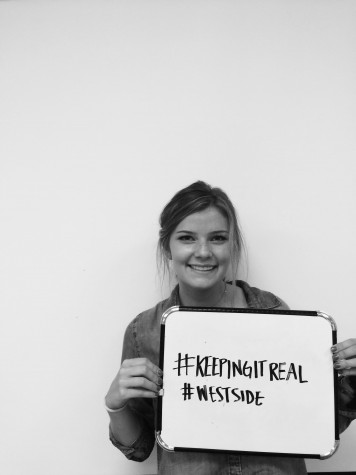
Molly Riebau is the Editor-in-Chief of The Highlander Newsmagazine. Aside from journalism, she loves watching The Bachelor (more than any...

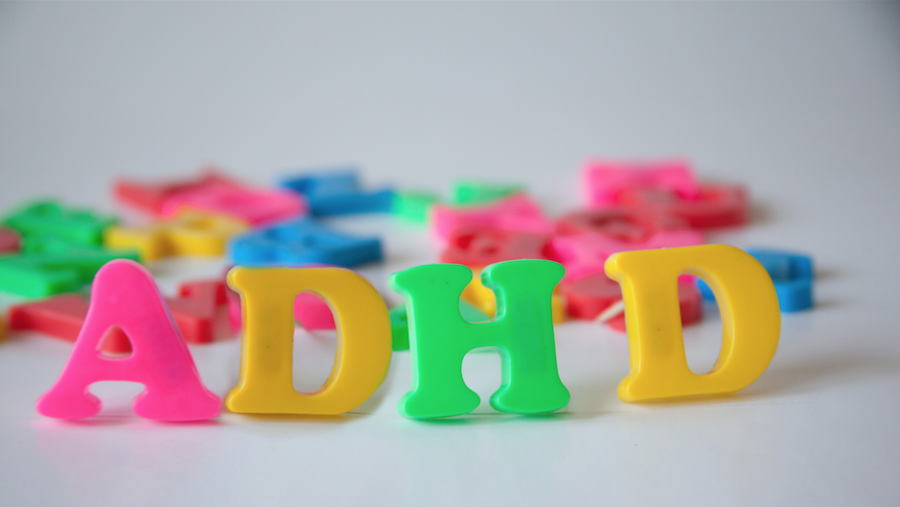


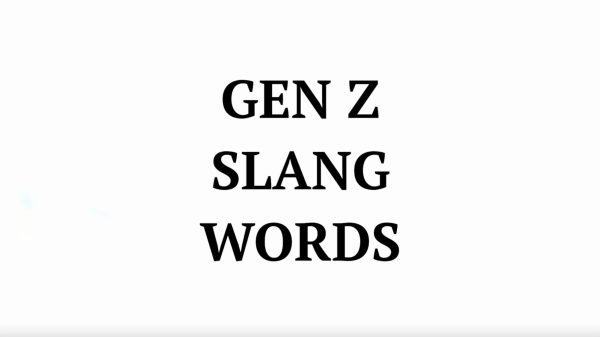
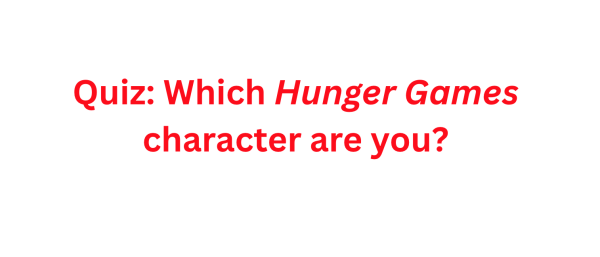
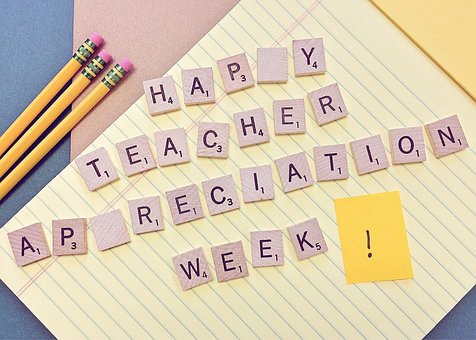



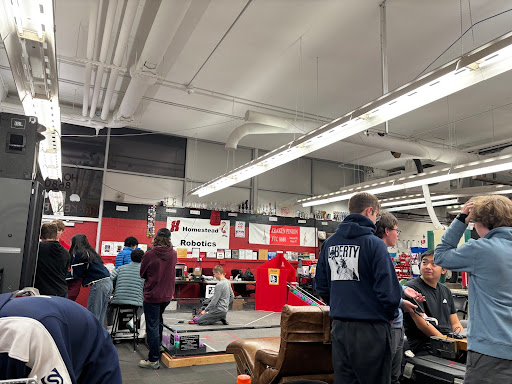

Mike W • Mar 1, 2016 at 5:13 pm
Well written and insightful. Proud of you ?